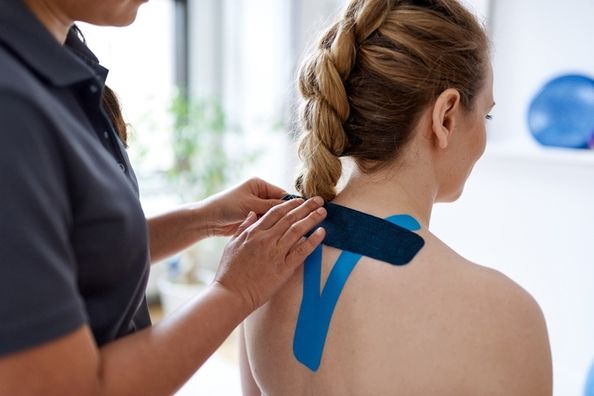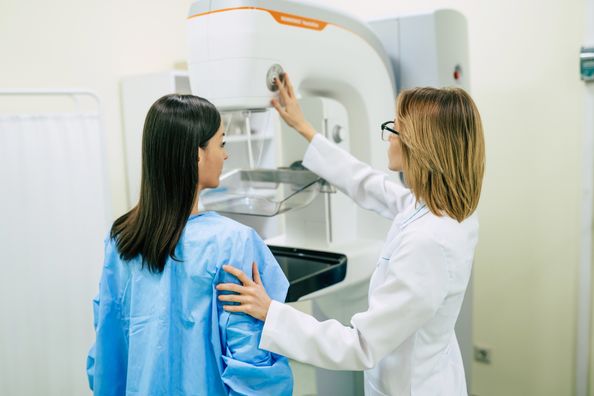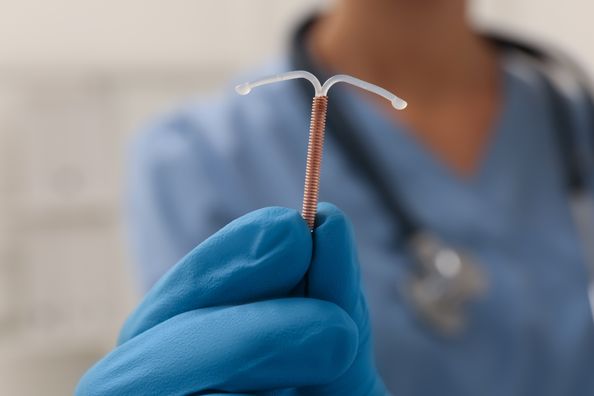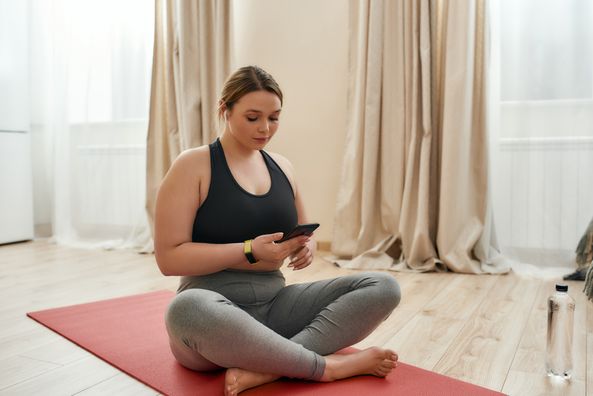The concept of self-care — the participation in activities that take care of our physical, mental and emotional health — has been around for a long time. Self-care isn’t all about yoga class or reading a book with a cup of tea either!
Anything that improves our overall well-being falls into the self-care category, including physical issues or ailments impacting the quality of your life that may be fixable. This is where physical therapy can help.
Physical therapy is much more than just treatment for injury. In fact, with specialty focus in women’s and men’s health, physical therapy can play an important role in your overall personal wellness and self-care. Our pelvic health physical therapists are trained and experienced in the treatment of pelvic floor conditions and dysfunctions that can significantly impact your quality of life.
Women’s Health
Growth, aging and childbirth can cause a lot of change and stress to the female body, especially in the pelvic area. Pelvic health covers conditions that are related to abdominal pain, pelvic pain, bladder and/or bowel incontinence and sexual dysfunction. Some common pelvic conditions for women include:
- Prenatal: pain in the lower back, mid back, neck, groin and/or leg
- Post-partum: diastasis recti, pelvic girdle pain, pelvic muscle weakness, perineal pain and pelvic organ prolapse
- Urinary issues: stress and urge incontinence, urinary frequency, urgency, hesitancy and retention
- Bowel issues: fecal incontinence, constipation, diarrhea, irritable bowel syndrome
- Sexual issues: pain with sex or intimacy, inability to orgasm
- Pelvic pain: vulvar, vaginal, clitoral, perineal and anal pain, sacroiliac joint pain, painful periods, pain with sitting, difficulty wearing jeans, pants and underwear, pelvic organ prolapse
- Post-surgical rehab: hysterectomy, prolapse repair, vaginal/rectal reconstruction
Men’s Health
Men should be mindful of self-care too. Though a bit different in nature, pelvic issues are just as prevalent in men as they are women:
- Urinary issues: stress and urge incontinence, urinary frequency, urgency, hesitancy and retention
- Bowel issues: incontinence, constipation, diarrhea, irritable bowel syndrome
- Sexual issues: erectile dysfunction, post ejaculatory pain
- Pelvic pain: penile, scrotal, testicular, perineal, anal, tailbone, sacroiliac joint pain
- Post-surgical rehab: prostatectomy, hernia repair
What to Expect from Pelvic Health Physical Therapy
It’s understandable if you feel a little uncomfortable or embarrassed discussing pelvic issues with your physical therapist. Don’t be! They’re well-accustomed to these conditions and symptoms and care about your well-being and recovery.
Your first visit will include a thorough review of your medical history as well as a physical examination. This may include assessment of your posture, movement, strength, breathing patterns, abdominal and pelvic tissues and an external and internal observation and assessment of your perineum and pelvic floor muscles. Your therapist will then diagnose your condition and work with you to plan a course of individualized treatment. Ongoing treatment can include a variety of approaches including: patient education, biofeedback, ultrasound, electrical stimulation, manual soft tissue mobilization, visceral manipulation, myofascial release, trigger point release, specific exercises, postural education and behavioral modification. This plan will help improve your overall well-being and quality of life.
If you’re experiencing pelvic issues, our pelvic health physical therapists can help you feel back to normal. To schedule an appointment with one of our women’s or men’s health physical therapists, please call 630−967−2000 or schedule an appointment online.
Health Topics:







